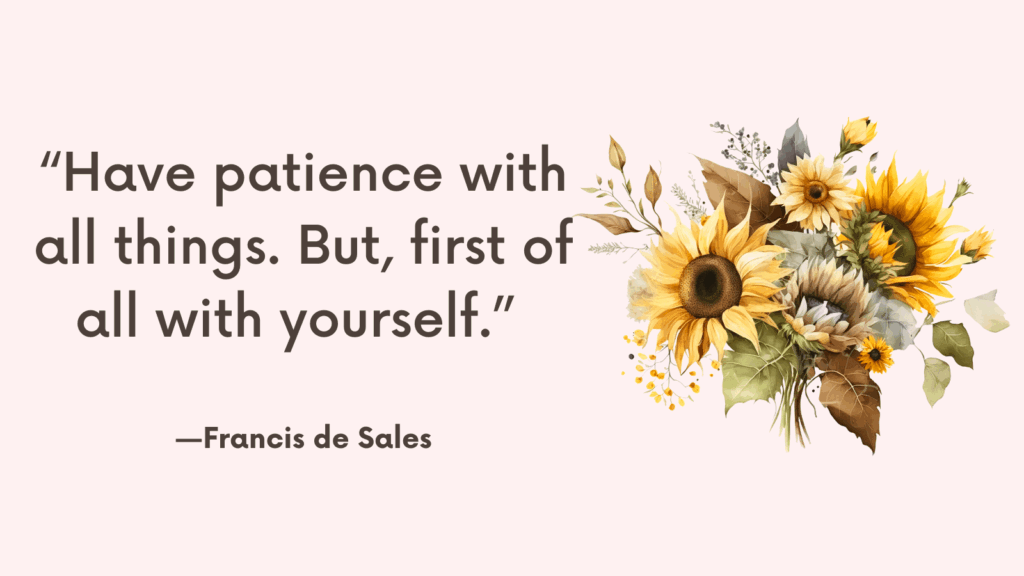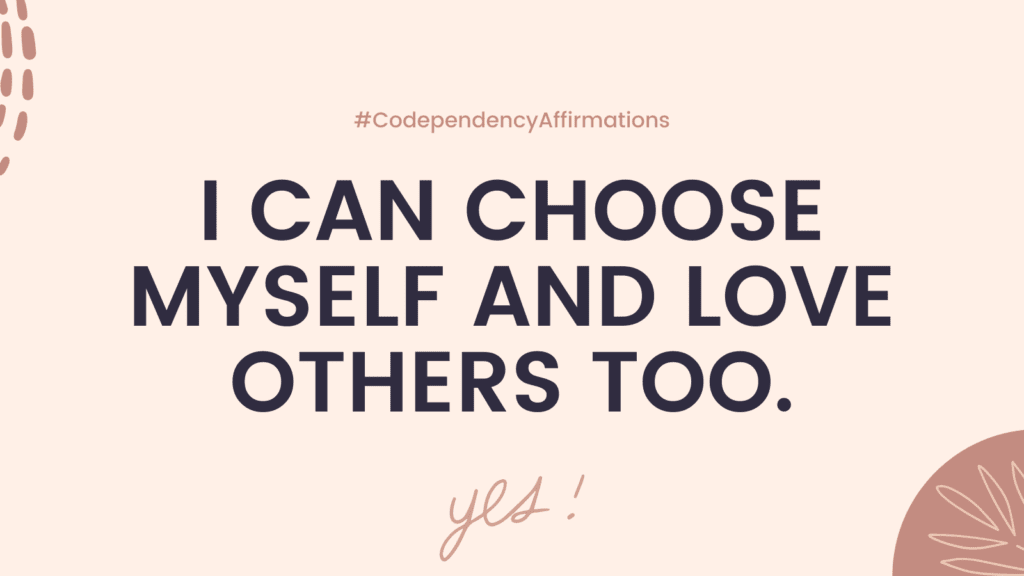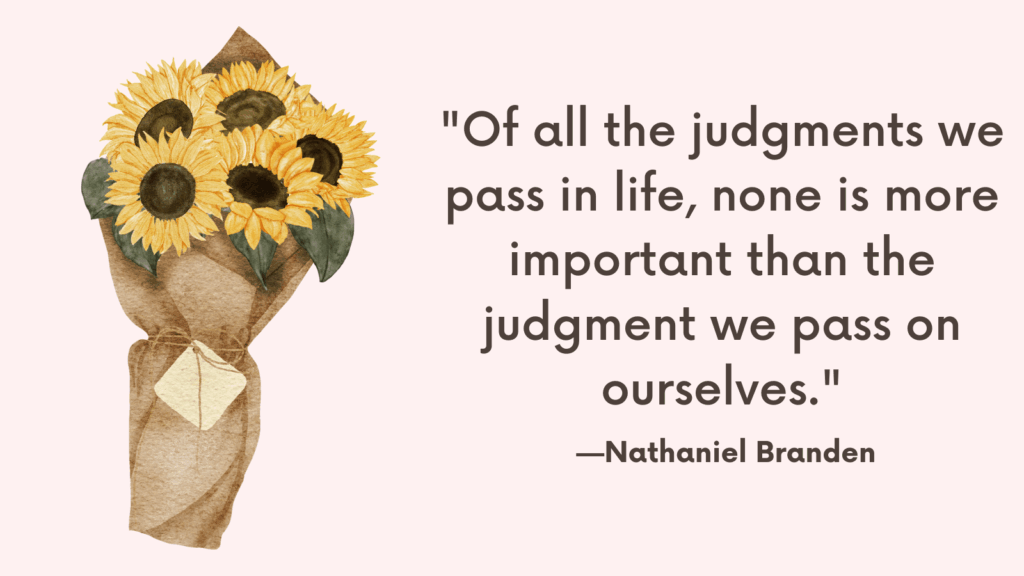Today, you’re going to learn all about healing from childhood emotional neglect.
What Is Emotional Neglect?
Emotional neglect is different from common forms of childhood abuse in that it isn’t about what happened. Rather, it is about what didn’t happen in childhood and what you don’t remember.
Emotional neglect is invisible. It can be subtle and usually has no visible signs.
In fact, many emotionally neglected children come from families that seem ideal.
Although you may not be aware of it, emotional neglect can be as debilitating as other forms of childhood abuse.
People who were emotionally neglected are suffering but they can’t figure out the reason for their unhappiness. They are usually out of touch with their own emotional needs. They see themselves as the problem, rather than seeing their parents as having failed them.
Related: Inner Teenager Healing: 14 Proven Exercises to Heal Your Inner Teenager
What Does Healthy Parenting Look Like?
Healthy parenting is best understood through attachment theory.
Attachment theory suggests that when a parent effectively meets her child’s emotional needs in infancy, a “secure attachment” is formed.
And this first attachment forms the basis of a sense of general well-being throughout childhood and into adulthood.
Through the lens of attachment theory, healthy parenting could be based on three essential emotional skills in parents:
- Feeling an emotional connection to the child
- Paying attention to the child and seeing him as a separate person rather than an extension or a possession of the parent
- Responding effectively to the child’s emotional needs.
These skills can be powerful tools for helping the child feel safe and grow up to be an emotionally strong adult.
Related: How to NOT Raise a Narcissist? 7 Surefire Ways to Prevent Narcissism In A Child
Have You Been Emotionally Neglected?
7 Emotional Neglect Signs
The following are some signs to help you determine if you’ve been emotionally neglected as a child:
1. Feelings of Emptiness
Emptiness is generally experienced as a general feeling of discomfort or emotional numbness. You may also experience emptiness as a general sense that you’re missing something, that you’re disconnected from yourself, or that you’re on the outside looking in.
Some people may experience it physically as emptiness in their chest or belly.
Emotional neglect can be a major cause of feelings of emptiness. Without the emotional connection with the parents, the child grows up feeling in an emotional vacuum.
2. Counter-dependence
Counter-dependence refers to the fear of being dependent.
Counter-dependent people go to great lengths to avoid appearing or feeling needy.
They will do everything they can so they won’t need anyone or ask for help even at their own great expense.
3. Unrealistic Self-Appraisal
People who were emotionally neglected tend to struggle with low self-esteem. They tend to view themselves in a negatively skewed way by downplaying their strengths and exaggerating their weaknesses.
We develop our self-concept during childhood and throughout adolescence. Parents provide feedback and validation, not just through their words, but also through non-verbal communication (tone of voice, facial expression, etc.)
When we see pride on our parent’s face, it’s validation that we did well.
This feedback serves as the foundation of self-esteem.
Related: Cognitive Behavioral Therapy For Low Self Esteem – Top 18 CBT Exercise to Build High Self-Esteem
4. Guilt and Shame
Many adults who were emotionally neglected have received the message from their parents that their feelings are excessive or wrong.
As adults, they often feel guilty and ashamed for having feelings and will make every effort to hide them from others, or not have them at all.
Related: Best 20 Healing Shame Exercises To Break Free From Toxic Shame
5. Self-Blame and Self-Directed Anger
When shame is taken one step further, it becomes self-directed anger and self-blame.
As a result of these feelings, emotionally neglected people often use addictions and self-harm as a release.

6. Difficulty Nurturing Self and Others
Nurturance is the gas that fills our emotional tanks.
We receive nurturance from our parents and we internalize it until it becomes a part of us.
As adults, we become able to provide nurturance to ourselves and others.
People who were emotionally neglected, however, didn’t internalize nurturance.
As a result, they often feel uncomfortable when someone cries or when they cry in the presence of another person.
They may be able to give others practical advice, but not emotional support.
Related: Best 9 Tips On How To Receive More In Life And Relationships?
7. Alexithymia
“Alexithymia” is a broad term to describe a person’s deficiency in, knowledge about, and awareness of, emotion, both their own and other people’s.
The alexithymic are not willing or able to tolerate emotions.
Their unexpressed emotions build up and erupt as anger. They tend to be irritable and snap at others for seemingly no reason.
Related: How To Sit With Painful Emotions? (Top 9 Difficult Emotions)
Healing From Childhood Emotional Neglect
Difference between emotions and feelings
Emotions are associated with bodily reactions that are activated unconsciously through neurotransmitters and hormones released by the brain.
Feelings, on the other hand, come after emotions and are the conscious experience of these emotional reactions. They can be more biased and altered by mental misconceptions.
#1. Address Misconceptions About Your Feelings
People who were emotionally neglected often have distorted beliefs about emotions, such as “feelings are bad,” or, “feelings will burden other people,” or, “feelings can make them a weak person.”
It’s important to challenge such distorted beliefs.
1. Emotions don’t make you a bad person.
Emotions are not good or bad, right or wrong.
Emotions do not make us bad people. We all have experience feelings of rage, hate, jealousy, and superiority.
You can’t judge yourself for your feelings. It’s what you choose to do with these feelings that matters.
2. Emotions might not always make rational sense, but they serve a purpose.
Emotions serve as feedback about what’s happening within and around us.
Oftentimes, emotions might seem inexplicable and unpredictable. But they are always there for a good reason, even if you have to try hard to explain it.
3. Emotions can be overwhelming, but they can still be managed.
When our emotions are suppressed and ignored, they can have a lot of power over us and come out in ugly ways.
However, when we consciously manage our emotions, their intensity lessens and we can take charge.
#2. Acknowledge The Purpose of Emotions
“We have a tendency to assume that smart people aren’t emotional people, and emotional people aren’t smart. The reality is that the smartest people are those who use their emotions to help them think and who use their thoughts to manage their emotions.”
– Jonice Webb
Many people view their emotions as a nuisance or a sign of weakness.
The reality is emotion is necessary for survival.
Emotions are our body’s way of communicating with us and motivating us to do things. Every emotion has a purpose.
For example:
| Fear | tells us to escape and save ourselves |
| Sadness | slows us down so we can reflect and make the transition after losing something important |
| Anger | motivates us to correct an injustice and protect ourselves |
| Disgust | tells us to avoid something |
| Compassion | motivates us to help others |
| Love | drives us to care for family, friends, and others |
People who were emotionally neglected grew up trying to deny and push underground their emotions.
Without this invaluable built-in feedback system, they are operating at a disadvantage from the rest of the world.
But emotions do more than drive us to do things. They also give life depth and richness that make us experience life to its fullest.
Related: How To Master Your Emotions – Emotional Intelligence Top 19 Activities
#3. Identify and Name Your Emotions
“Our emotions cannot be erased and will not be denied, any more than we can erase or deny our hunger or thirst, our elbows or our earlobes.”
– Jonice Webb
Emotions don’t go away on their own. When ignored or suppressed, they can erupt as anger, depression, anxiety or panic attacks, or social isolation.
Suppressed emotions can also show up as physical symptoms, such as headaches, chest pain, digestive issues, or cause problems with eating, sleeping, memory and concentration.
Suppressed emotions will also keep your relationships superficial and lacking in depth. This can make you feel empty and unfulfilled.
To prevent any of the above, you need to allow yourself to experience emotions.
Identifying and naming your feelings takes something from the inside and puts it on the outside. This alone reduces the intensity of the emotion and brings more control and clarity.
Naming your feelings can sound like:
- “I feel upset,”
- “I am frustrated,”
- “I felt hurt when you said that.”
#4. Identify The Reason Behind Your Emotions
Identifying the reasons behind an emotion can be difficult for many people, especially for survivors of emotional neglect.
After you identify the feeling, ask yourself, “Why am I feeling this way?”
If you find it difficult to figure out the reason behind your feelings, Use the following questions to further reflect on them:
- “What is going on in my life right now that might make me feel____”
- “Has something happened recently that could make me feel____”
- “Has something troubling from the past been brought back up by recent events?”
- “Is this feeling familiar to me? Have I felt this____before? If so, what happened in the past that has triggered this feeling?”
If you still find it challenging to reflect on the reasons behind your feelings, practices such as meditation and mindfulness can help you build the internal focus skills you need here.
#5. Express Your Feelings Effectively
The best way to harness the power of emotions is to express them assertively and with compassion.
This means expressing our emotions in such a way that the other person can take them in. This requires compassion and empathy to tune in to how our words and actions can affect the other person.
This might not control the other person’s response, but it will still make you feel better knowing that you took appropriate action.
#6. Practice Self-Care
Emotionally neglected people often don’t know what their needs are. Their needs and feelings have been invisible throughout their lives.
You may already be an excellent caretaker of others. But it’s time for you now to start putting yourself first and connect with yourself.
Self-care is the best way to achieve that.
Self-care isn’t just about pampering yourself.
Self-care can be as simple as saying no, setting a boundary, or asking for help when you need to.

Childhood Emotional Neglect And Romantic Relationships
Emotionally neglected people share the following false beliefs about emotions in relationships:
- Sharing my feelings with others will make them feel burdened.
- Sharing my feelings with others will chase them away.
- If I let other people see how I feel, they will use it against me.
- Sharing my feelings with others will make me appear weak.
- Letting others see my weaknesses will put me at a disadvantage.
None of these beliefs is true. However, when you grew up believing that you should keep your feelings to yourself, it’s natural to assume that feelings are bad and burdensome to others.
How Does Childhood Emotional Neglect Affect Relationships?
A romantic relationship cannot be maintained by common interests alone, it also requires an emotional connection.
Not every relationship can survive the challenge of building emotional depth. But one could argue that such relationships may not be of high quality anyway.
Feelings are the foundation of love and a lasting relationship.
Related: What Is Emotional Intimacy? (And How To Increase Emotional Intimacy In A Relationship?)
FREE Emotional Neglect Worksheets PDF
Conclusion
Many emotionally neglected adults haven’t been abused. They recall their childhood as happy.
They can’t pinpoint the reason for their unhappiness and are left blaming themselves and believing that something is wrong with them.
It isn’t until they recognize that emotions are the missing element in their lives and learn how to connect with and manage their emotions that healing begins to take place.
References
- Portions of this article were adapted from the book Running on Empty, © 2012 by Jonice Webb. All rights reserved.
- The Distal Consequences of Physical and Emotional Neglect in Emerging Adults: A Person-Centered, Multi-Wave, Longitudinal Study – PMC (nih.gov)
- Emotional abuse and neglect: time to focus on prevention and mental health consequences – PMC (nih.gov)
- Frontiers | Childhood Emotional Neglect and Adolescent Depression: Assessing the Protective Role of Peer Social Support in a Longitudinal Birth Cohort (frontiersin.org)
- Emotional Neglect – an overview | ScienceDirect Topics
- Childhood Emotional Neglect – 37 Signs, Effects and How To Overcome (parentingforbrain.com)
- Childhood Emotional Neglect: What It Is, and How It Can Affect You (healthline.com)



